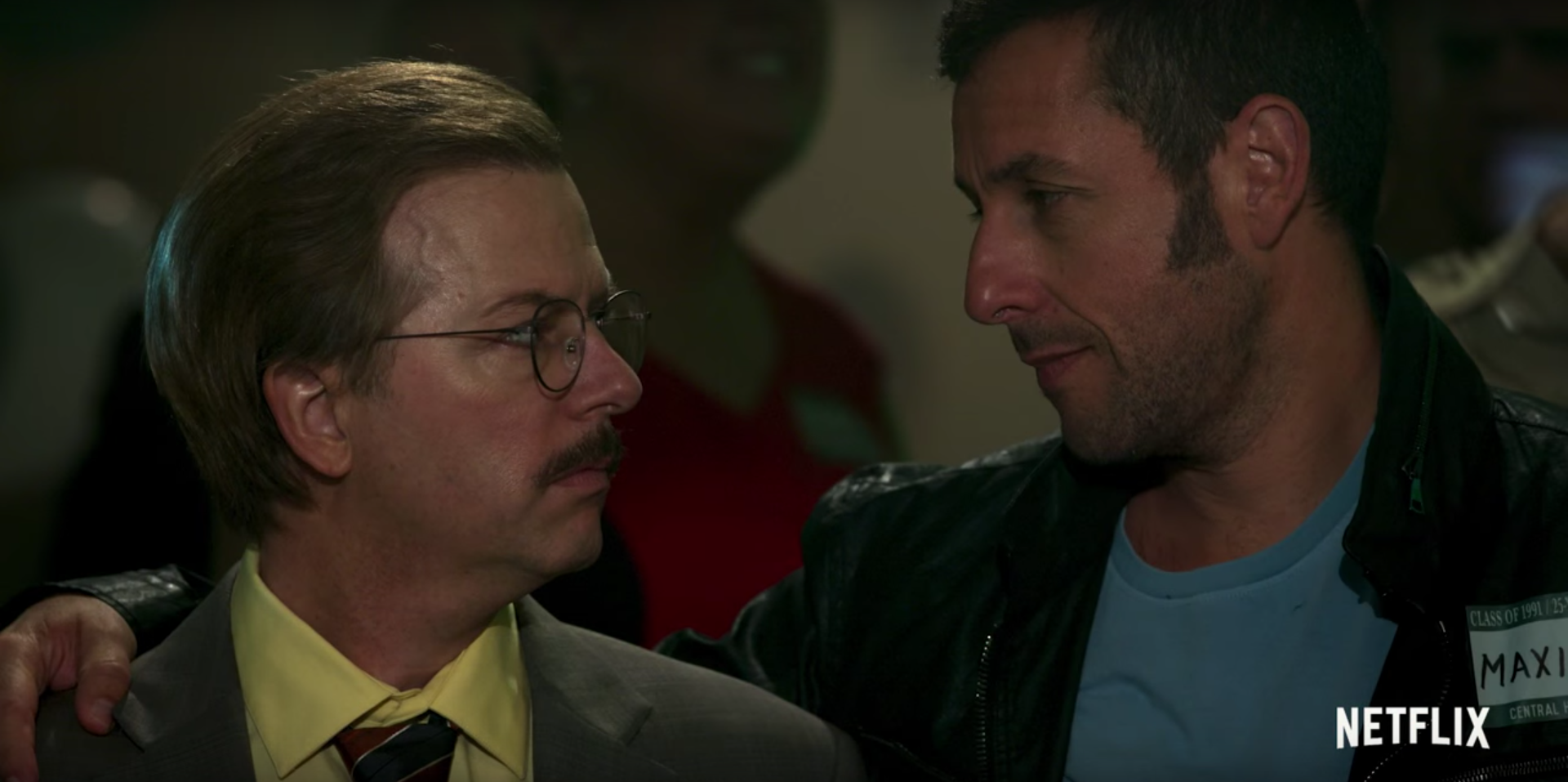Nobody can deny Netflix is a pop culture force to be reckoned with. Stranger Things, Making a Murderer, Orange is the New Black, House of Cards — odds are you’ve heard of most of these shows, if not all of them. On a larger scale, universally-beloved shows come out of nowhere and shift the cultural landscape like tidal waves. On a smaller one, they can become social pillars for any awkward friendship that would crumble without fresh talking points.
While it showcases the work of other networks, Netflix’s truly unique service is its original, high-quality content. Or at least it was. The excellent content still exists — evident by the streaming company’s consistent award show presence — but now viewers must sift through titles that have been pulled out of God knows where. Here are some of Netflix’s biggest no-nos.
If you’re looking for all the crude and asinine humor of Family Guy without any of its originality, Netflix’s F is for Family is for you. Relying on slapstick humor and played-out notions of the nuclear family and its accompanying roles, the show fails to explore any new comedic territory. Also, it throws a Holocaust joke in the viewer’s face in the first episode. Classy.
Do I even need to dismantle The Do-Over, which boasts an impressively-low Rotten Tomatoes critics’ score of 5 percent despite featuring Adam Sandler and ’90s comedy icon David Spade?* This movie’s premise is as played out as Survivor.
Sense8 was a show brimming with potential before its release, but the plot was more confusing than compelling. Storylines that lacked continuity cast a haze over what should have been interesting and relevant subject matter.
DINOTRUX is unfortunately exactly what it sounds like: a show about dinosaur-truck hybrids. While it is a children’s show, it perfectly illustrates this old adage: Just because you can do something, doesn’t mean that you should.
Successful movies rebooted as television series have rarely found success, and The Adventures of Puss in Boots and Turbo FAST are no exceptions. The recycling of successful cinematic characters and jokes do not usually work on their own — they worked in the context of the film, but placing those concepts in a vacuum and expecting them to perform just as well is irrational.
Perhaps the crowning jewel of Netflix’s new questionable content is the animated show Kulipari: An Army of Frogs, based on a novel by Trevor Pryce. The show is certainly captivating, but perhaps not in the way Pryce intended. While it is fun to speculate at the possible religious, societal and climate change metaphors that could exists in this convoluted show, the show’s confusing core concept leaves the viewers bemused more than anything.
Kulipari’s writing is perhaps the most interesting because of its bizarre nature, seemingly written by someone who has a loose understanding of English. The show also reuses shots and is guilty of leaving jump cuts in its final production.
But don’t cancel your subscriptions just yet. Or better yet, don’t let your parents cancel theirs. The streaming service is still creating boundary-pushing content, but the Netflix stamp of approval means far less than it once did.
*Note: This isn’t entirely fair, as Spade was excellent in 2000’s The Emperor’s New Groove.



